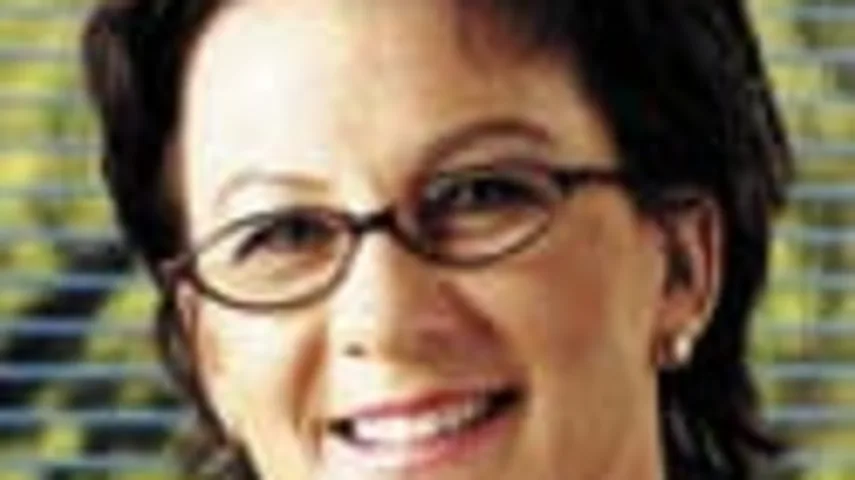SG 'opt out' would save unnecessary contributions taxes: SPAA




|
| Andrea Slattery
|
Employees who are at risk of breaching contributions caps should be able to opt out of compulsory 9 per cent superannuation guarantee (SG) contributions in order to avoid unfair penalties, according to the Self-Managed Super Fund Professionals’ Association of Australia (SPAA).
In a Treasury submission, SPAA said members with multiple employers who breach superannuation contribution caps were being unfairly penalised as a result of their employer’s need to comply with the law, and should be able to opt out of compulsory SG payments if they can prove they are at risk of breaching caps.
SPAA strongly supports the SG but is concerned about its unintended consequences for some self-managed super fund (SMSF) members, according to SPAA chief executive Andrea Slattery.
“For many superannuation fund members with multiple employers, it has resulted in punitive Australian Tax Office financial penalties because total mandated SG contributions exceed that employee’s annual concessional superannuation cap. SPAA believes it is unfair and unjust for super fund members to suffer penalties simply because their employer makes compulsory super contributions for them according to the law,” she said.
Under the current law, employers are required to contribute 9 per cent of an employees’ salary to a super fund, while members over the age of 50 are subject to a $50,000 concessional contributions cap.
SPAA has proposed that employees likely to be affected be allowed to elect in writing to their employer that they not be liable for the SG contributions, where they can provide evidence that the concessional cap would be exceeded if the SG contribution was made. This election would be made for each financial year and would remain in force for the entire financial year unless revoked by the employee.
Slattery said that for many employees, breaching the caps is simply the result of having multiple employers through contract style work or directorships where it is common to receive remuneration from a number of unrelated sources.
Concessional contributions are taxed at 31.5 per cent, then counted against the member's non-concessional contributions cap and might be taxed at an additional rate of 46.5 per cent if both caps are breached, potentially resulting in a tax on some contributions of about 93 per cent, according to SPAA.
“The 9 per cent superannuation guarantee is mandated by government and employers must comply. Employees who breach caps due to their employer's compliance with the law should not be penalised for this,” Slattery said.
Recommended for you
The impact of identity theft and its threat to superannuation savings were highlighted in a case that went before the Federal Court at the end of 2023.
A recent NSW Supreme Court decision is an important reminder that while super funds may be subject to restrictive superannuation and tax laws, in essence they are still a trust and subject to equitable and common law claims, says a legal expert.
New research from the University of Adelaide has found SMSFs outperformed APRA funds by more than 4 per cent in 2021–22.
The SMSF Association has made a number of policy recommendations for the superannuation sector in its pre-budget submission to the government.











